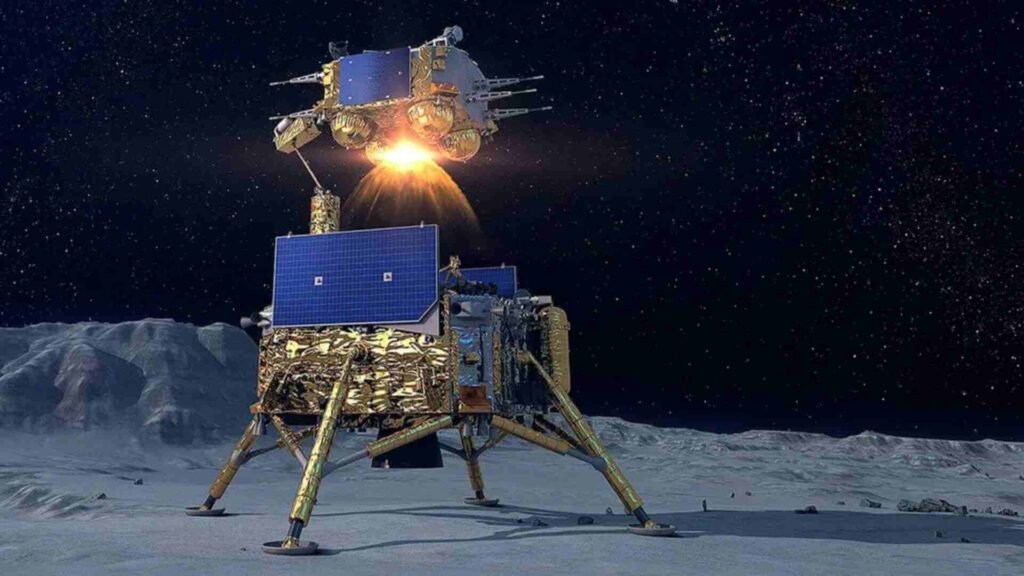China’s space program achieved a major milestone with the successful launch of Shenzhou 19. The spacecraft, carrying three taikonauts, including China’s first female space engineer, Wang Haoze, docked at the homegrown space station after a six-hour journey.
This mission aims to conduct experiments and spacewalks over six months, gathering crucial experience for China’s ultimate goal: landing on the Moon by 2030. Beijing declared the launch a “complete success,” showcasing its determination to become a space power.
With 100 launches planned this year, China is aggressively pursuing its space program, sparking concerns in Washington. NASA Chief Bill Nelson expressed fears that China’s civilian space program has military implications. However, Beijing emphasizes its commitment to peaceful space exploration.
China’s space achievements are impressive. The country retrieved rock and soil samples from the far side of the Moon and safely landed a spacecraft on Mars. Its satellite fleet is expanding, with plans for a constellation of 14,000 satellites.
The new generation of taikonauts, including Wang Haoze and Song Lingdong, drives China’s space program. National pride fills the air as hundreds gather to wave flags and cheer the taikonauts.
The stakes are high, with estimates suggesting the Moon’s resources could be worth billions to quadrillions. The new space race is about control and resource exploitation.
China’s space program advances are fueled by national pride and ambition. The country selected its next group of astronauts to train for potential lunar missions and crew the space station.
As China pushes forward, the world watches. With its sights set on the Moon, China is firmly entrenched in the Space Race Dynamics.
Experts highlight significant challenges ahead, including complex technology and tight schedules. However, China remains committed to its space ambitions, driven by President Xi Jinping’s vision of becoming a leading space power.










